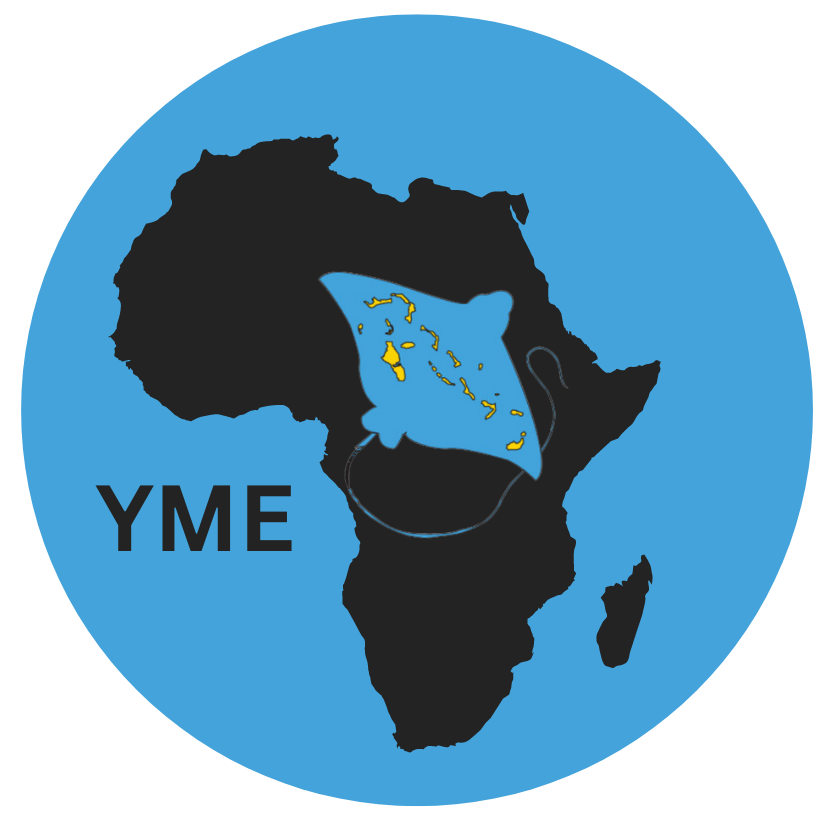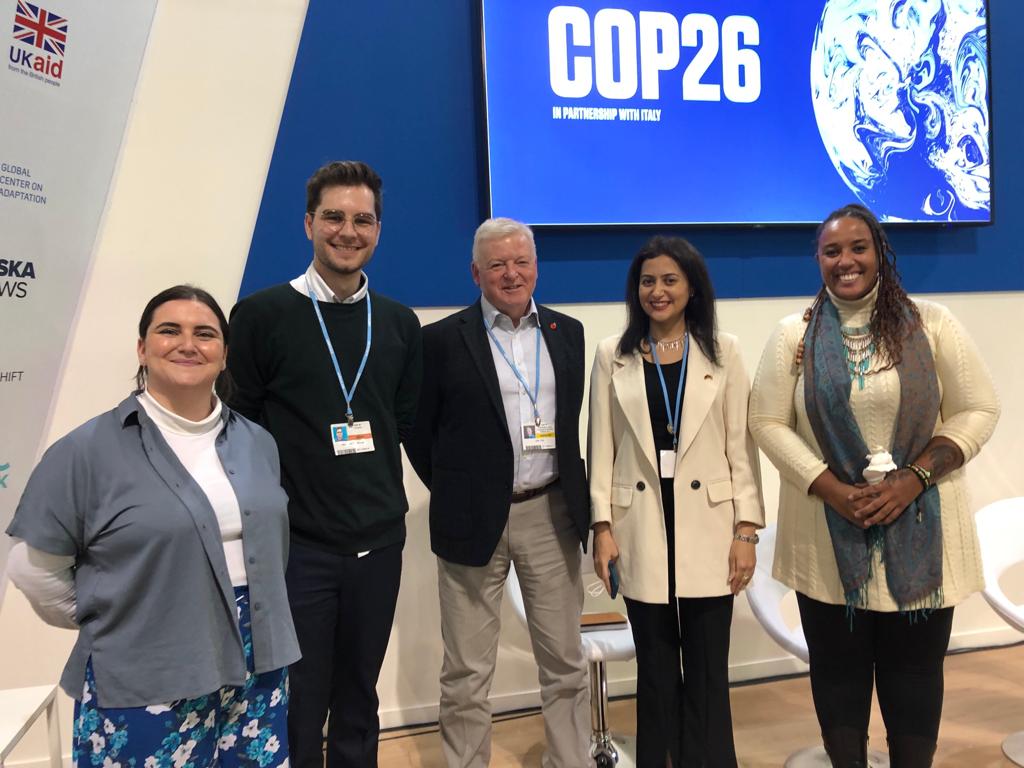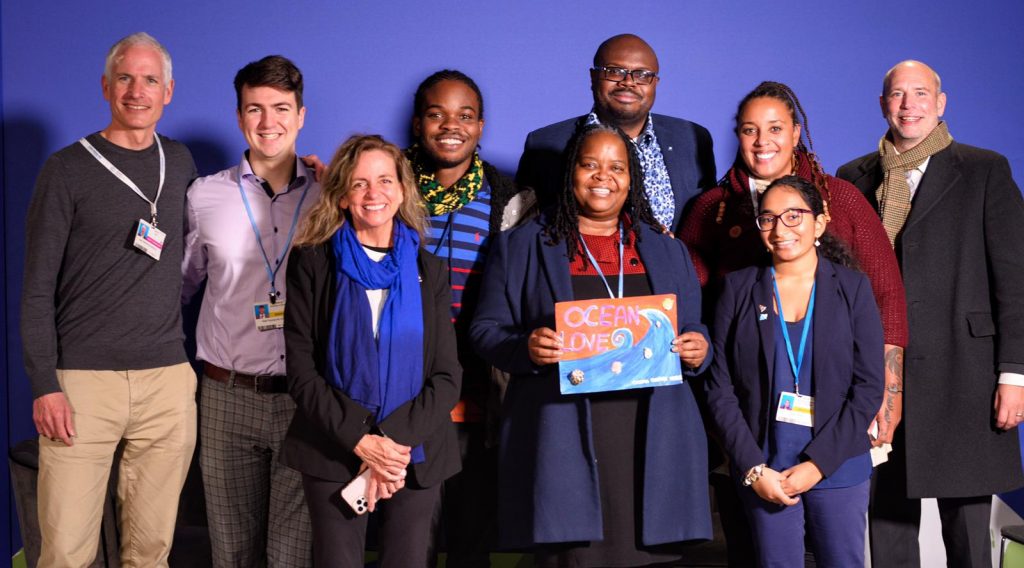The Ocean makes up 98% of The Bahamas. For this reason it should be of the utmost priority to ensure that Bahamians are actively involved in all conversations around Ocean Exploration and the development of the Blue Economy. Capacity building and Education for the sustainable blue economy is a pre-request to ensuring that Bahamians have equitably access to entry points within the emerging Ocean economy.
The exploitation of Deep Sea Resources is an issue of concern for Caribbean Youth. Deep sea ecosystems are not yet well understood and mining results in the loss of vast amounts of underwater biodiversity. YME Bahamas stands in solidarity with the Jamaica Climate Change Youth Council in expressing our concern on the matter of deep sea mining and the inconclusive impacts it will have on the marine flora and fauna, life on land, and more complex earth system functions such as the carbon cycle.
The Bahamas Protected Area Fund is a dedicated partner focused on the conservation of biodiversity in The Bahamas. BPAF graciously included YME with their Delegation to the UN Ocean Conference. Small Island Nations must be strategic in our approach to Ocean Conservation. This requires meaningful and equitable partnerships and the courage to push ourselves beyond our comfort zone in visioning what programme development and financial management gets to look like for Ocean Conservation.
One of the Action items coming out of the PACJA conference in Rwanda was to better understand Ocean health within the 6 regions of the African Union, where the African Diaspora encompasses the 6th region. With this directive it was a priority for YME Bahamas to attend the African Union side event on Shaping a Sustainable Blue Economy in Africa. YME believes that the Knowledge Economy within the blue economy is the most important area to focus on at this current juncture. Investing in human capital will ensure that the technical expertise exist within The Bahamas to enable Bahamians to be at the vanguard of Ocean exploration, exploitation, and conservation.
The conversations driving global policy about the Ocean must include youth and local community members. To ensure that the Ocean resources are equitably accessibly means that financial resources must be invested in capacity building and ocean management. YME Bahamas has been focused on training Certified Community Marine Scientists as a way of leapfrogging Bahamians into the Ocean Economy.
One of the action items for YME that came out of our participation in the UN Ocean Conference was 1) Aquire a research vessel that will provide a safe and secure environment for ocean exploration up to the boundaries of our Exclusive Economic Zone. We are dreaming about a catamaran like this that would enable us to offer luxury boutique ocean experiences to tourists visiting Cat Island and ensure that our Community Scientists have access to the ocean for coral reef monitoring and research, studies about marine mammals and research on elasmobranchs like the Oceanic White Tip Shark. If you are interested in investing with us please contact us today.
The UN Ocean Conference provided excellent opportunities to connect with Ocean partners like One Blue Ocean who use the arts and powerful imagery to sensitise and immerse the wider public, who may not have direct access to the ocean, to the magic of the deep blue. Art and photography are powerful tools to support Ocean conservation and awareness and are tools used by YME to tell our Ocean story. Partnership comes in all different types of relationships. For Caribbean youth attending the UN Ocean conference there were moments of celebration when we were able to connect in person.
One of the challenges for youth from island communities is that we are isolated on our respective islands. This makes opportunities to connect and meet in person challenging. There is immense value in connecting with partners in person as these relationships lay the foundation for future collaboration. YME Bahamas was intentional about connecting with African youth who are leading marine conservation programmes in the African continent.
Commitments that YME Bahamas has made in alignment with the UN Ocean Decade is to acquire the seed funding needed to upscale the Ocean Research and Conservation work being conducted by the Cat Island Conservation Institute to ensure that there are pots of funding available to young marine scientists from African and the Caribbean to ensure diversity, equity, and inclusive participation in the co-creation of a sustainable blue economy.


